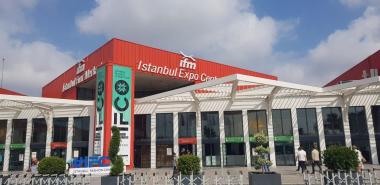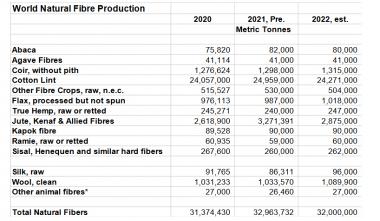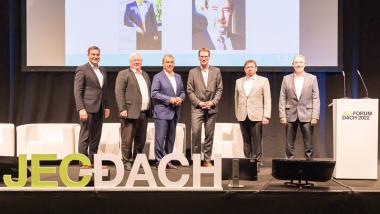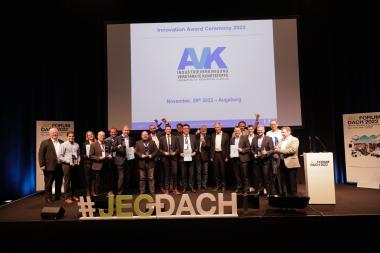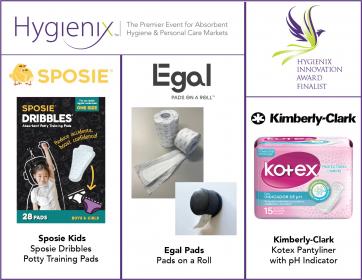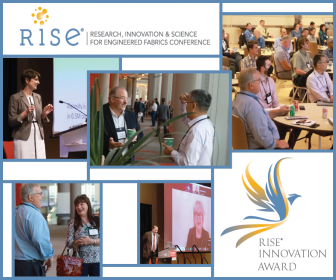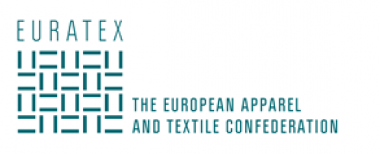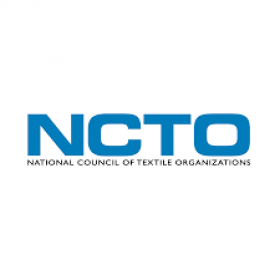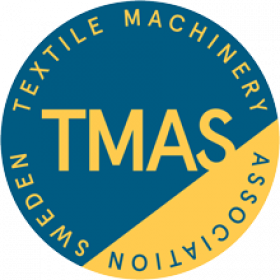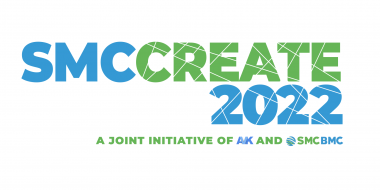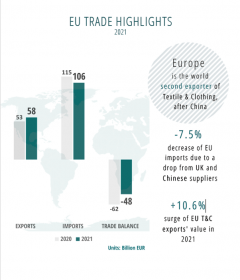NCTO and USINFI tell Biden Administration Penalty Tariffs counteract China’s Unfair Trade Advantage
The Biden administration’s Section 301 penalty tariffs on finished textiles and apparel counteract China’s unfair trade advantages and give U.S. manufactures a chance to compete, two key American textile manufacturing groups told the Biden administration. Removing tariffs, the associations said, would reward China, put U.S. manufacturers at a competitive disadvantage and do nothing to reduce inflation.
In a formal submission to the U.S. Trade Representative’s (USTR) office, which is conducting a four-year statutory review of the tariffs, the associations, representing the entirety of the U.S. textile production chain, expressed strong support for the continuation of current Section 301 penalty tariffs on finished textiles and apparel imports from China and outlined the effectiveness of U.S. tariff actions.
“In some cases, such as on finished apparel, the tariffs have worked to partially offset and counteract China’s unfair trade advantages,” the groups said. “The tariffs on finished textile and apparel items are giving U.S. manufacturers the chance to compete, and we are seeing encouraging investment and growth in moving some production and souring from China back to the Western Hemisphere.”
“The CAFTA-DR [Dominican Republic-Central America Free Trade Agreement] region has seen more than $1 billion in new textile and apparel investment this year, for example, which is historic and due to the textile and apparel rules negotiated under the agreement and sourcing shifts from China,” they added. “This investment and growing U.S. imports from the Western Hemisphere is attributable in part to the 301 tariffs on finished apparel. The tariffs on finished items in our sector are broadly supported by textile/apparel producers in the hemispheric co-production chain, and it is essential that they remain in place, absent China reforming its practices.”
The submission was filed by the National Council of Textile Organizations (NCTO) and the U.S. Industrial and Narrow Fabrics Institute (USINFI), a division of the Advanced Textiles Association (AFA).
The groups have long advocated for a fair, transparent process to remove tariffs on textile machinery, certain chemicals and dyes and limited textile inputs that cannot be sourced domestically to help U.S. manufacturers compete against China.
They also stressed that lifting the tariffs on finished textiles and apparel products from China “will solidify their global dominance in this sector for generations to come and reward their abusive behaviors, exacerbate the migration crisis, hurt domestic manufacturers and workers, undermine our ability to recalibrate essential PPE supply chains, and blunt the positive supply chains shifts and investments in the Western Hemisphere that are happening.” They added it would “do nothing to solve the inflation crisis facing U.S. consumers and manufacturers right now.”
See the full submission here.
National Council of Textile Organizations






